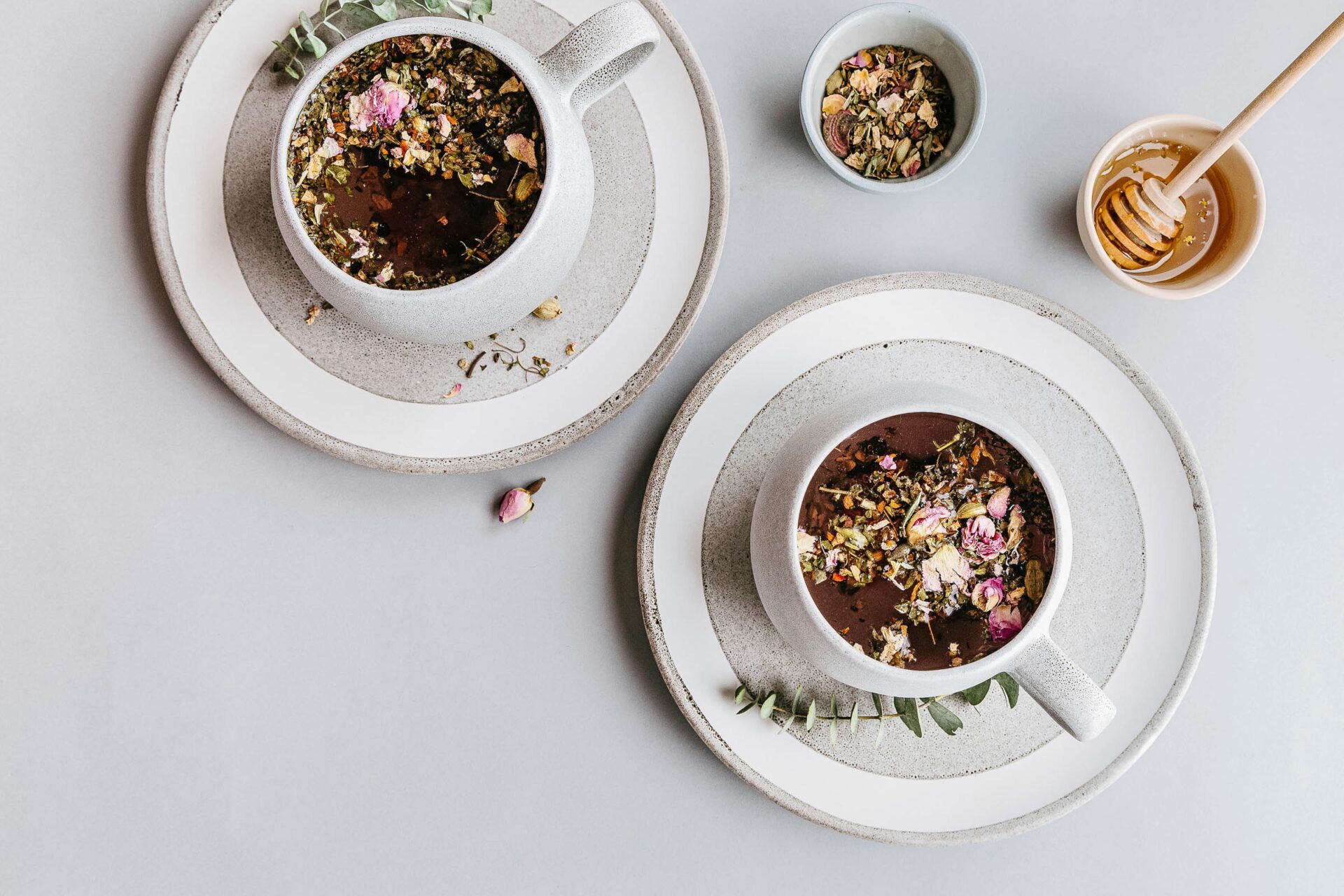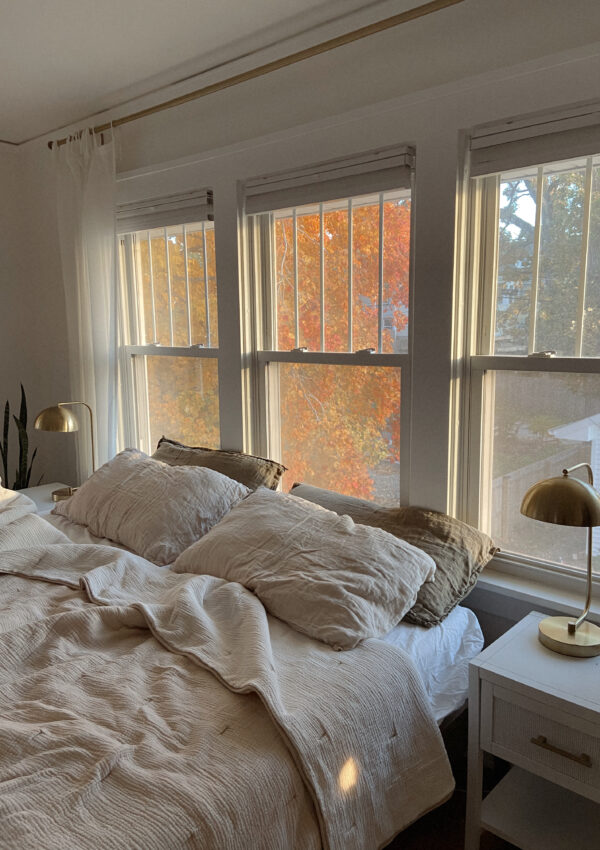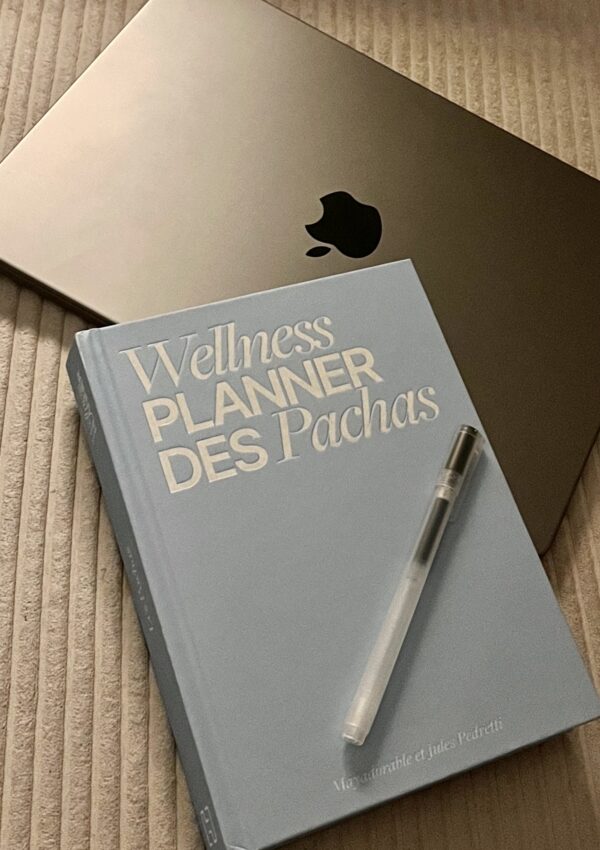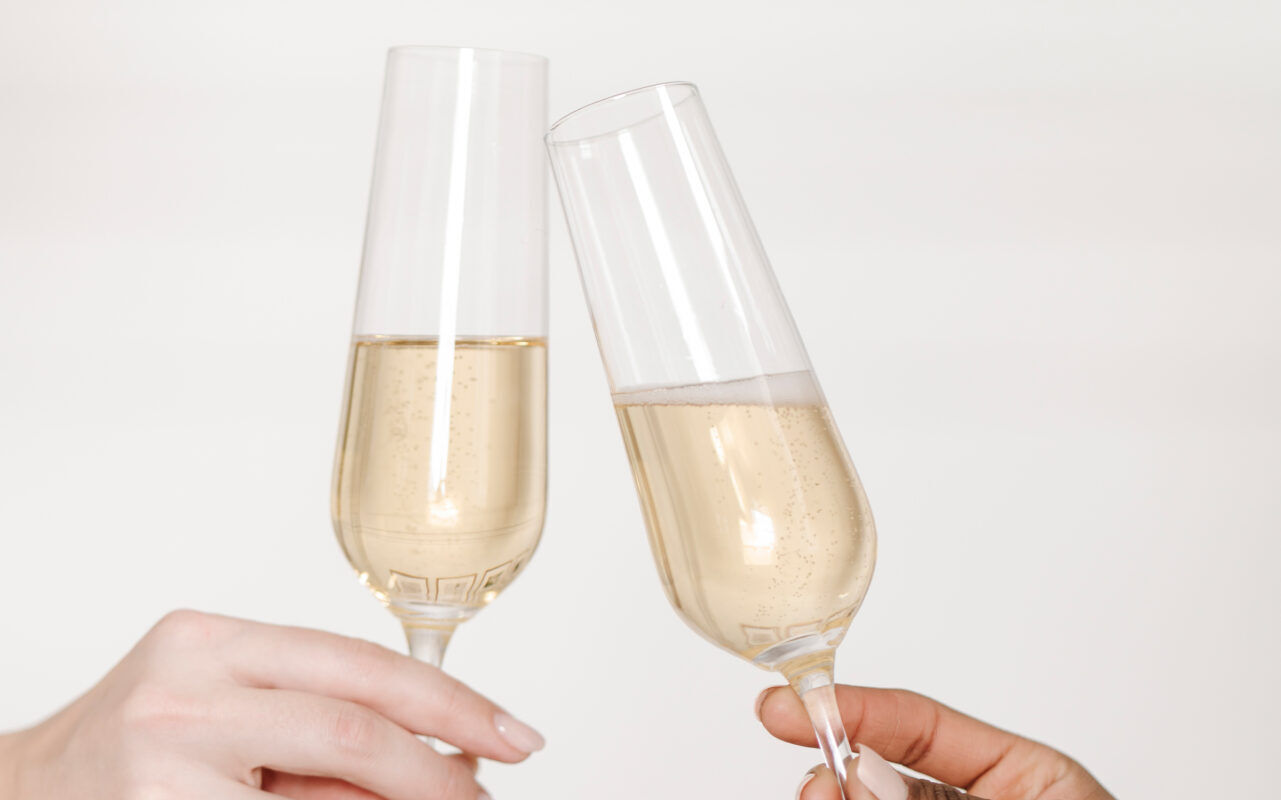 Let’s paint the scene of how a post-heavy booze fest usually unfolds. Have you ever woken up in a hazy fog, unaware of how you got to where you are, in the same makeup as last night, head pounding, body aching, mouth drier than a Popeyes biscuit? You wake up and say to yourself, “I’m never drinking again…”
Let’s paint the scene of how a post-heavy booze fest usually unfolds. Have you ever woken up in a hazy fog, unaware of how you got to where you are, in the same makeup as last night, head pounding, body aching, mouth drier than a Popeyes biscuit? You wake up and say to yourself, “I’m never drinking again…”
You might find bruises on your body, again, unaware of how they got there. If you’re lucky enough, you’ll wake up and quickly locate your phone, wallet, and keys. Others aren’t so lucky.
You may or may not remember enough to know exactly what you’ve said and to whom. If you’re not so lucky, then whatever you’ve done or said has already happened, and all you can do is hope and pray that your dignity is still intact.
“I’m never drinking again,” you say… until next weekend rolls around.
Sober Curious-
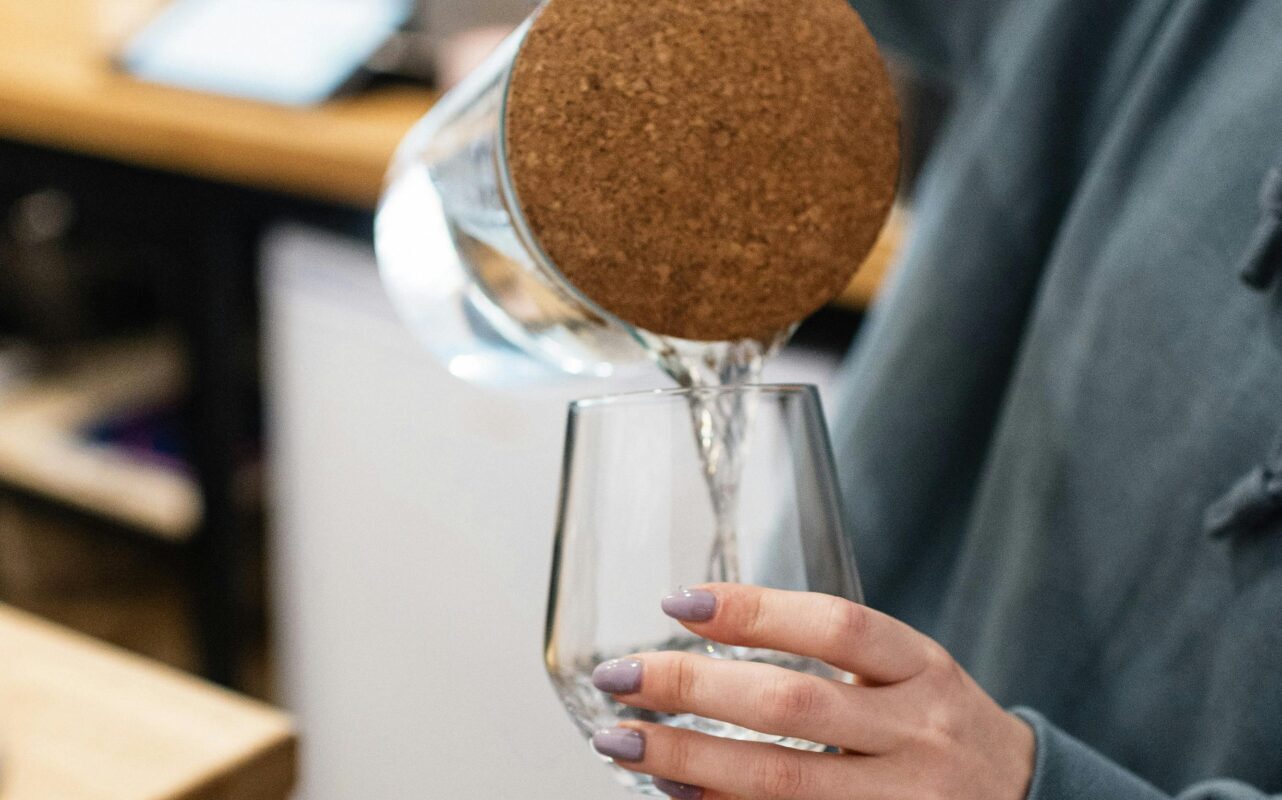 Temporary sobriety and testing the sober waters have become more mainstream over the past few years. The terms sober October and dry January have been used to reference those choosing to take a month-long break from liquor to reset and cleanse their system.
Temporary sobriety and testing the sober waters have become more mainstream over the past few years. The terms sober October and dry January have been used to reference those choosing to take a month-long break from liquor to reset and cleanse their system.
Coined by writer and podcast host Ruby Warrington in 2018, the “Sober Curious” movement has piqued the interest of those reconsidering their relationship with alcohol. For many, complete abstinence isn’t necessary, as you might not have a dependence or addiction to alcohol. You may, however, use it as a crutch in social situations or hit up happy hour way too frequently.
The sober curious movement is for those who wish to reconsider the effects that alcohol has on their lives. Many of us feel that alcohol is a necessity for getting through social situations, either with colleagues, family members, certain friend groups, or on dates.
It has become such an ingrained part of our society that it’s uncommon to attend events, such as sports games, birthdays, holidays, brunches, and weddings, without it.
You might feel bored, reserved, and guarded when sober, and use alcohol to open you up and loosen your inhibitions. Becoming sober curious allows us to ask ourselves deeper questions about why and how we use alcohol. Is it a light and fun addition in your life, or has it become a more sinister accompaniment?
Disclaimer:
The sober curious movement is geared toward those who don’t have a complete dependence or addiction to alcohol. These people don’t need to completely cut it out of their lives.
Some people have a difficult time consuming alcohol in moderate and healthy ways and need to become or remain 100% alcohol-free. For the latter, even a single drink or two can lead to a spiral that can be hard to come out of.
It’s important to remember that becoming sober can be one of the hardest things for someone to do. Everyone is on a different path. Some might pick up sobriety and fail 9 times before they are finally successful on their 10th try. Be supportive. If someone says they’re not drinking, then leave them be and don’t add peer pressure.
All or Nothing-
When it comes to alcohol, many think it’s an all-or-nothing game. You either drink or you don’t, no in between. The sober curious movement has opened that idea to different shades of grey.
You might want to take a break for a week, a month, or a year and see how you feel. Maybe you don’t have a set time frame in mind and want to go on a break for as long as possible.
Being sober curious doesn’t have a set of black-or-white rules. Get curious about how you can realistically implement sobriety into your life. Take notice of how your life changes in the process. At points, it’ll be uncomfortable, but get curious instead of shying away from how testing out a sober lifestyle can improve your life and health.
Fine Line-
As much as we would love to keep our alcohol intake to a moderate level on a night out, we typically don’t experience the effects of one more drink or one more shot until it’s too late. Alcohol can make you feel invincible and lead to poor judgment, which causes drinking in excess to occur.
It’s harder to make wise and smart decisions when under the influence of alcohol. Especially if you’re having a good time, you’ll keep reaching for more to keep the good times going. Before you know it, you’ve texted the person you tried to cut off, got into a verbal argument, or posted something you shouldn’t have on social media.
Health & Wellness-
It’s no secret that alcohol is detrimental to our livers, skin, brain, and overall health and well-being. Judging by the way you feel after a night of heavy drinking, we can only wonder about the havoc alcohol is causing our brains and bodies.
Taking a break or abstaining from liquor can give your health a boost and give you a much-needed cleanse. You’ll notice that you have more energy, can think more clearly, and feel less anxious and depressed.
Urge Surfing-
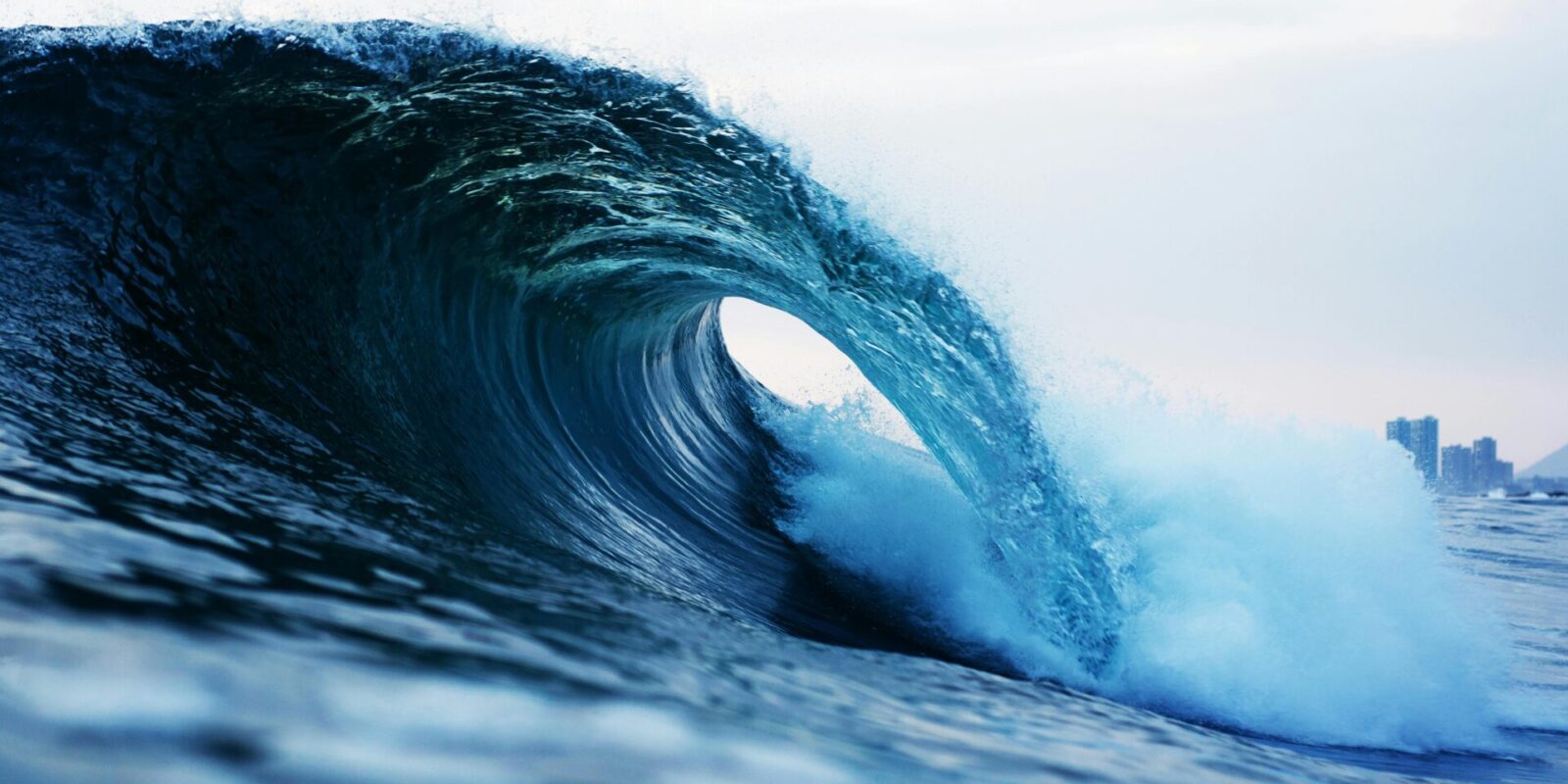 Ride the wave when you feel the urge to drink. Notice when you get a craving for alcohol, make a mental note that you’re having a craving, and wait to see if it passes. If you’re out with others, order a mocktail so you don’t feel left out.
Ride the wave when you feel the urge to drink. Notice when you get a craving for alcohol, make a mental note that you’re having a craving, and wait to see if it passes. If you’re out with others, order a mocktail so you don’t feel left out.
Just as waves come and go, look at your urge to drink alcohol in the same way. Try to distract yourself by doing something else. If you’re having people over, play a card game or dive into an interesting conversation. If you’re alone, head to the gym, pick up a book, or clean your space.
Get Comfortable with Boredom-
We think that by practicing sobriety for either a short or long-term period, we’ll become boring people and live boring lives. Neither of those sentiments has to be true. Use this alcohol-free period to become the best version of yourself.
Practice self-awareness, become a better person, learn a new language, join an exercise or art class, and meet new people in ways you otherwise wouldn’t.
While you might not be as outspoken or fun in your mind as you are after a couple of glasses, look at it as a fun challenge to meet people in new ways and let your actual sober personality shine. You may even make deeper and more genuine connections sober than you would while hammered.
Save Money-
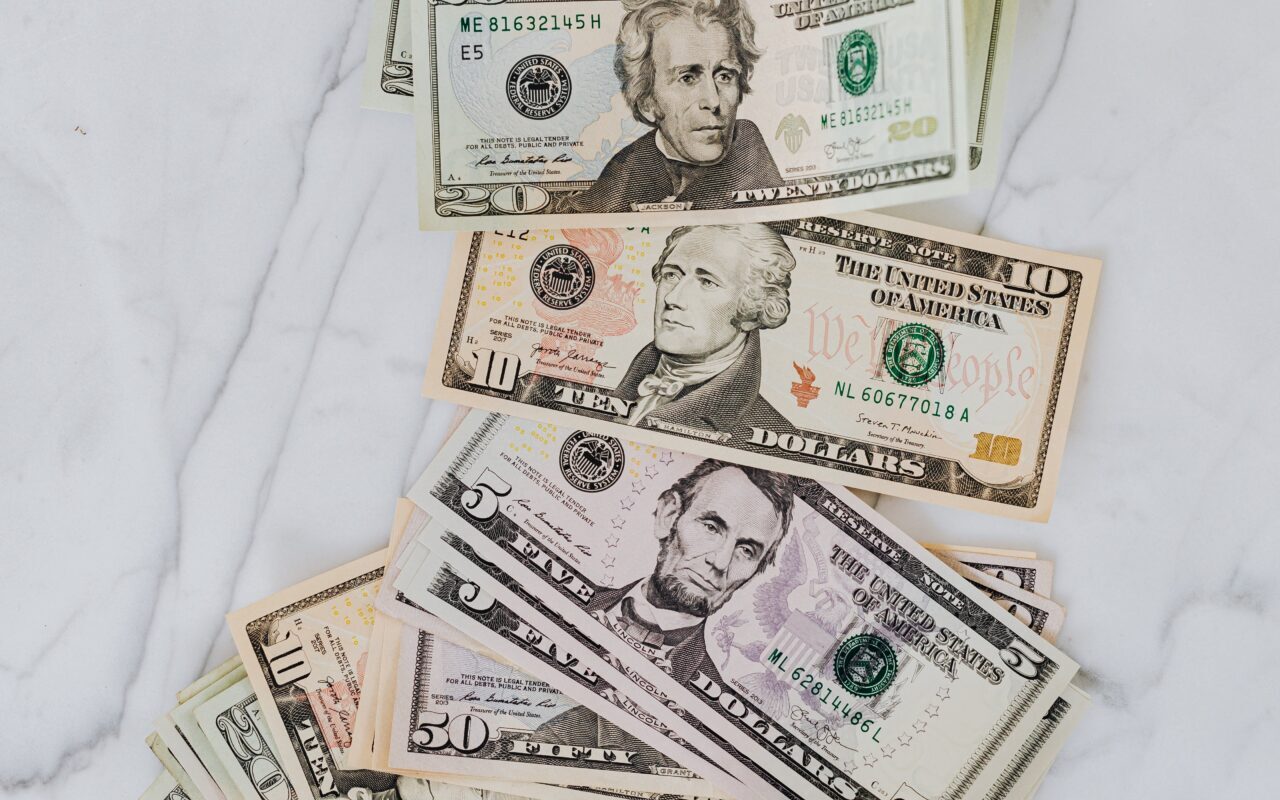 Alcohol isn’t cheap. Going out for regular drinks can take a toll on your pocketbook. Not to mention the impulse purchases made while under the influence. Think about all the food deliveries you order the night after a few drinks or the next day when you can barely roll out of bed.
Alcohol isn’t cheap. Going out for regular drinks can take a toll on your pocketbook. Not to mention the impulse purchases made while under the influence. Think about all the food deliveries you order the night after a few drinks or the next day when you can barely roll out of bed.
If you’re trying to become more financially responsible by budgeting and saving, notice how much money you save when cutting out alcohol as one of your expenses.
Once you notice the difference, it might motivate you to keep your drinking levels to a minimum to continue leading a healthier financial lifestyle.
Less Fighting-
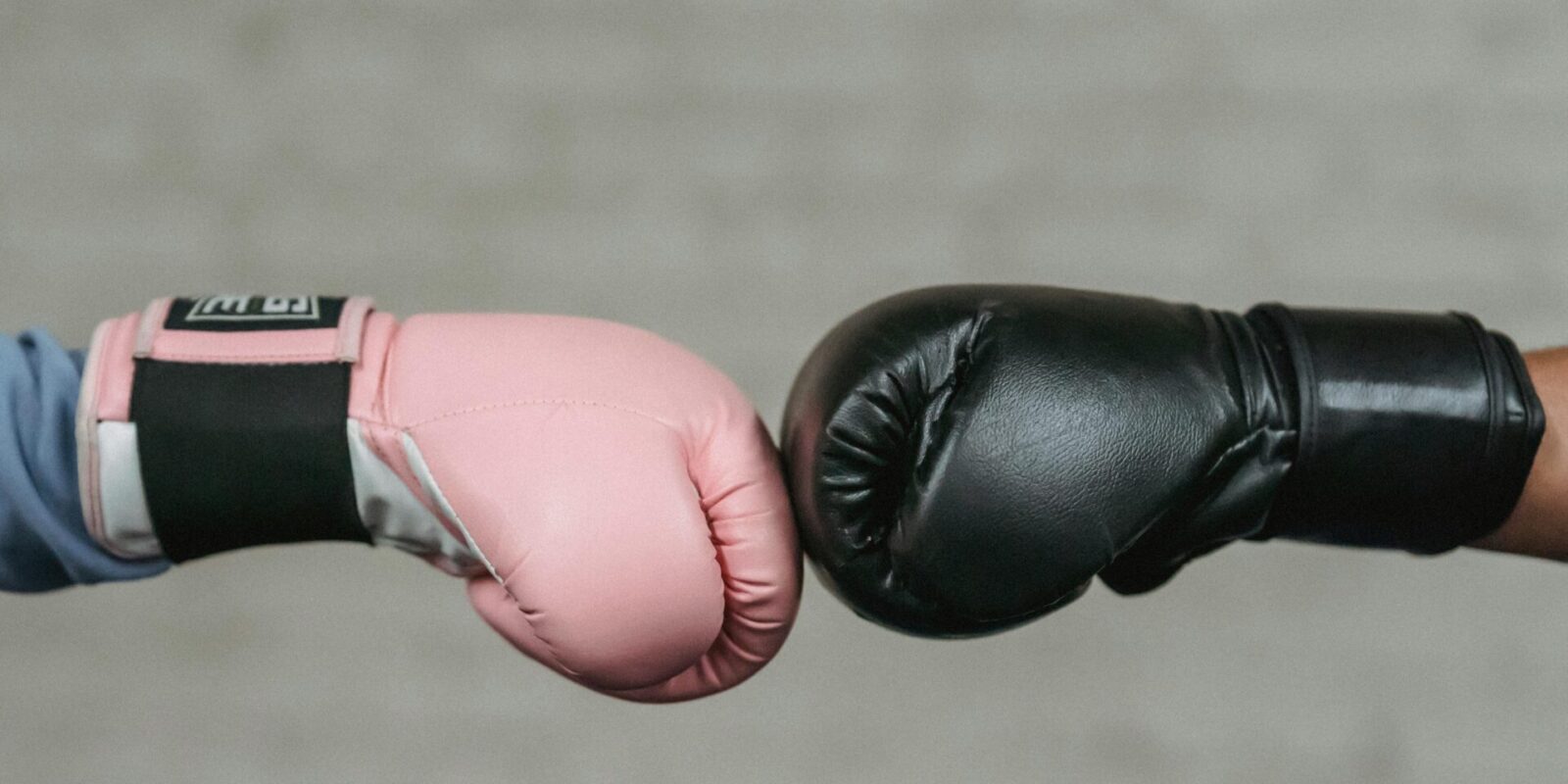 Liquor lowers your inhibitions, giving you the power to do and say whatever’s on your mind. This can lead to you lashing out at your spouse, family, friends, roommates, coworkers, boss, or whoever’s in your vicinity.
Liquor lowers your inhibitions, giving you the power to do and say whatever’s on your mind. This can lead to you lashing out at your spouse, family, friends, roommates, coworkers, boss, or whoever’s in your vicinity.
Everyone knows that alcohol doesn’t typically lead to the healthiest communication. By going sober, you can lessen your chances of big blow-ups and arguments that can occur from having a few too many. When you’re sober, you’ll have a much easier time having disagreements without lashing out.
Getting Curious Questions-
You might drink because that’s just what people in society do, at weddings, sports games, social events, work events, etc. Alcohol has become so ingrained in our cultures and celebrations. We drink when we’re happy, sad, mad, celebrating a promotion, or grieving a loss.
People who attempt to go alcohol-free are given more side eyes than those who aren’t. When we ask ourselves questions about drinking, we can get to the bottom of our motivations and true feelings. Ask yourself these questions to evaluate your relationship with alcohol.
-Questions
- How often do I drink?
- Do I feel obligated to drink?
- Would I feel awkward if I didn’t drink in social settings?
- How do I feel when I’m under the influence?
- How often do I make poor choices under the influence?
- What would I spend time doing instead if I weren’t spending time drinking?
- Would I lose any friendships/relationships if alcohol weren’t involved?
- What would I be gaining if I chose to stop or take a break from drinking?
- How long do I realistically think I could go without drinking?
Final Thoughts-
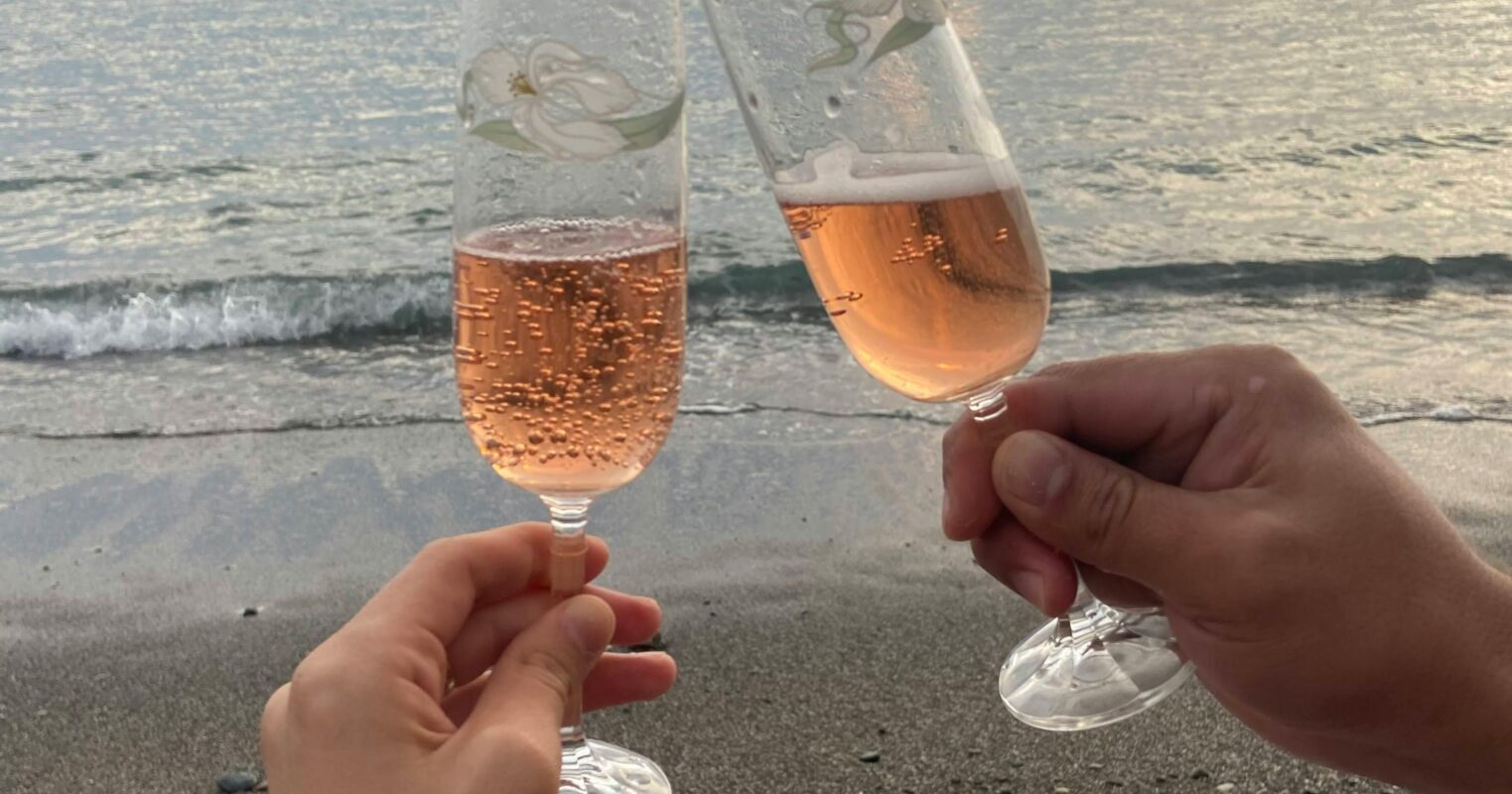 Whatever your reasoning, be it for health, saving money, making better decisions, or reevaluating why you drink in the first place. Becoming sober curious can benefit you in many ways for your overall health and well-being.
Whatever your reasoning, be it for health, saving money, making better decisions, or reevaluating why you drink in the first place. Becoming sober curious can benefit you in many ways for your overall health and well-being.
Asking yourself questions, reimagining your social activities and behaviours, and taking either a short or long-term break from alcohol or drinking in moderation can help you to consider the effects alcohol plays in your life and if it is something you want to continue indulging in regularly.
A break might teach you that you only want to drink on special occasions, cut it out completely, or maybe it has no effect on you one way or another. Test out getting sober curious and see for yourself.
